Welcome to the Ramping Up your English Episode 79 page: an overview of our unit on Native Americans. In this Native American Unit Overview episode, we feature a video that sets the tone for this unit, and serves as a scope and sequence for the content of this unit.

Spear points tell us much about the first people to populate the American Continents.
Photo courtesy of the Favell Museum in Klamath Falls, Oregon
Unit Overview
From the first Americans who left items behind in Paisley Cave and Cougar Mountain Cave over 13,000 years ago, to the aspirations of Native Americans for the future; the unit overview video in this Episode sets the scope and sequence of this unit. We’ll take the grammar elements as they come, but the content is reflected in the video that forms the first segment of this Episode.
Viewing Episode 79
If you haven’t seen this episode of Ramping Up your English, or if you just want to see it again, download it, or share a link to it; the link below will take you to the episode on archive.org. You’ll be able to watch Episode 79 ad-free by clicking here.
Viewing by Segments
You can watch Episode 79 in three shorter segments. Click here to watch Segment One.
Episode Summary
Episode 79 is the initial episode of the Native American Unit – a Social Studies unit that focuses on Early Americans and their descendants. We begin the episode with a video that’s an overview of the unit we’ll be featuring for the next episodes. The video runs for 12 minutes, and shows viewers a glimpse of the content we’ll be covering in this unit. I also hope the video sets the tone – for we want to honor the great epic migrations of the people who populated this continent. I strive to take a respectful approach to this content that has traditionally been lacking in the respect that’s deserved.
The overview covers the time from the first crossing from Asia to the present day. Additionally, we explore the possible future for the Native Americans who are still here with us, and are claiming their bright future on this continent.
Language Objectives
Name the parts of speech. Identify the part of speech that shows action or being. Use simple past tense verbs to relate actions and events from the past. Convert present-tense verbs to the simple past tense.
Academic Content Objectives
Social Studies: Trace the history of human population of North America. Communicate the cause/effect relationship between Earth’s climate and the migration of Asian people to North America. Connect the human migration to America with the major fauna that made up the diet of paleo-Americans. Explain the cause/effect relationship between the coming of Europeans and the decline of Native American civilization.V
Videos Used in Episode 79
This overview of our Native Americans Unit features a video that touches on the main points of the content. Click here to see the video. Here’s the same video ad-free on Archive.org. Click here. The video hopefully sets a tone for this unit. I strive to approach this content in the most respectful and interesting way.
Links to Related Videos
Click here to see s video from another producer about Native Americans. It’s an overview somewhat like the one included in Episode 79. See how much you understand after viewing the video featured in this episode of Ramping Up your English.
Learning Materials
This episode contains a review of English parts of speech with a focus on Verbs – especially simple past-tense verbs.

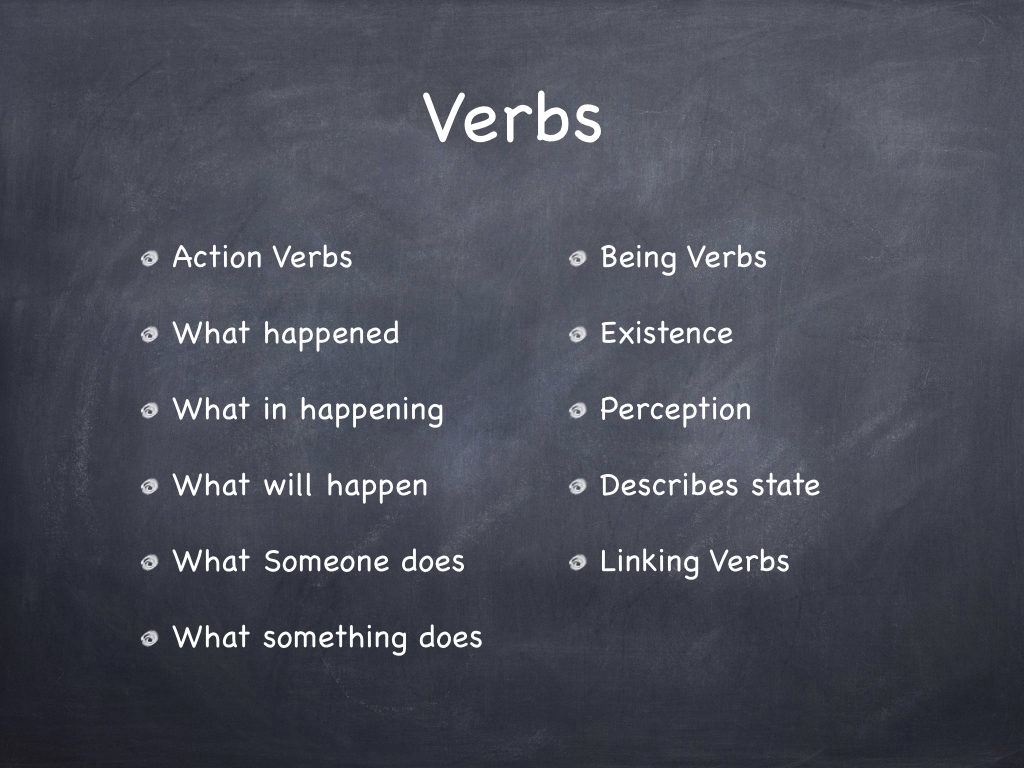
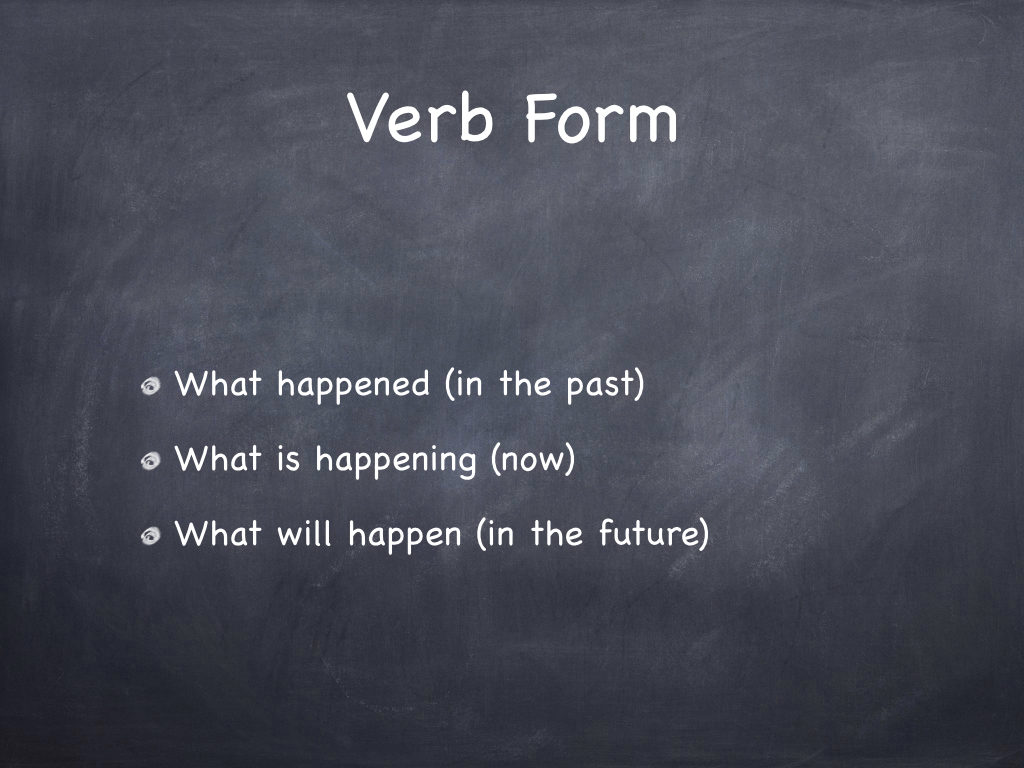
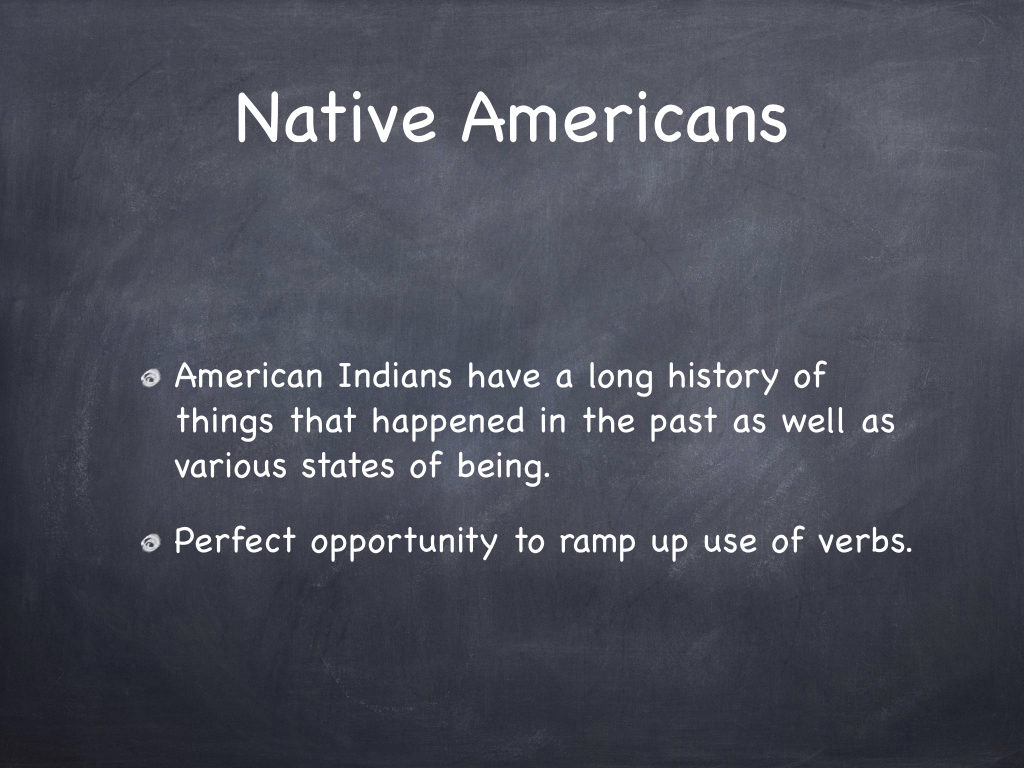
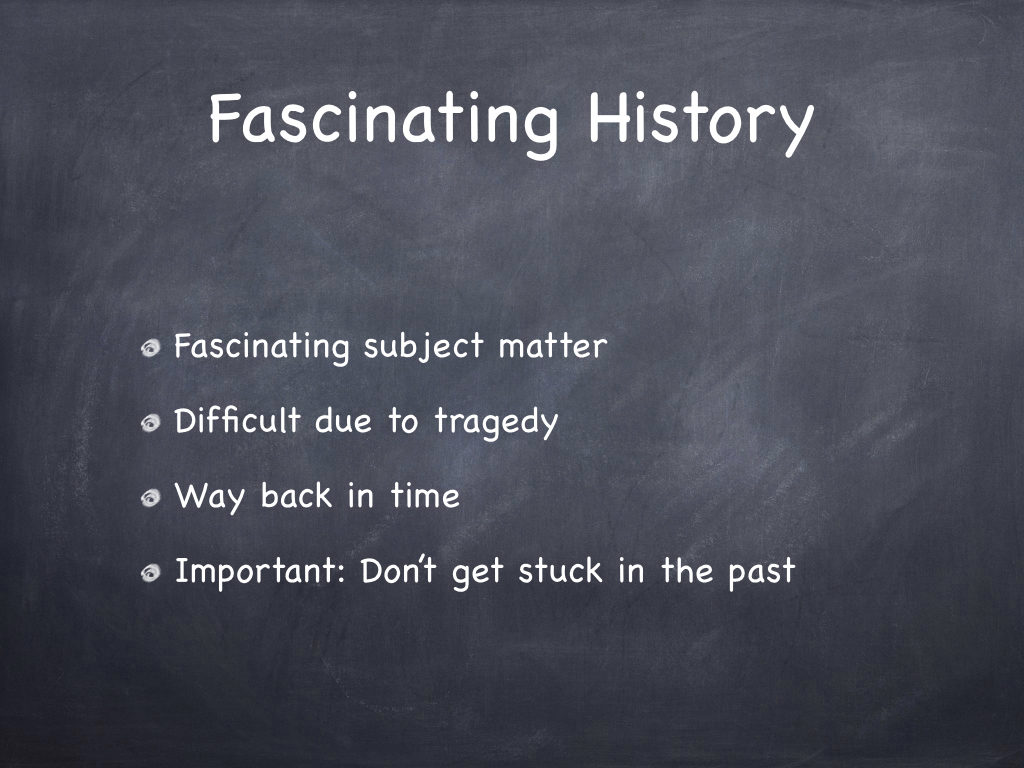


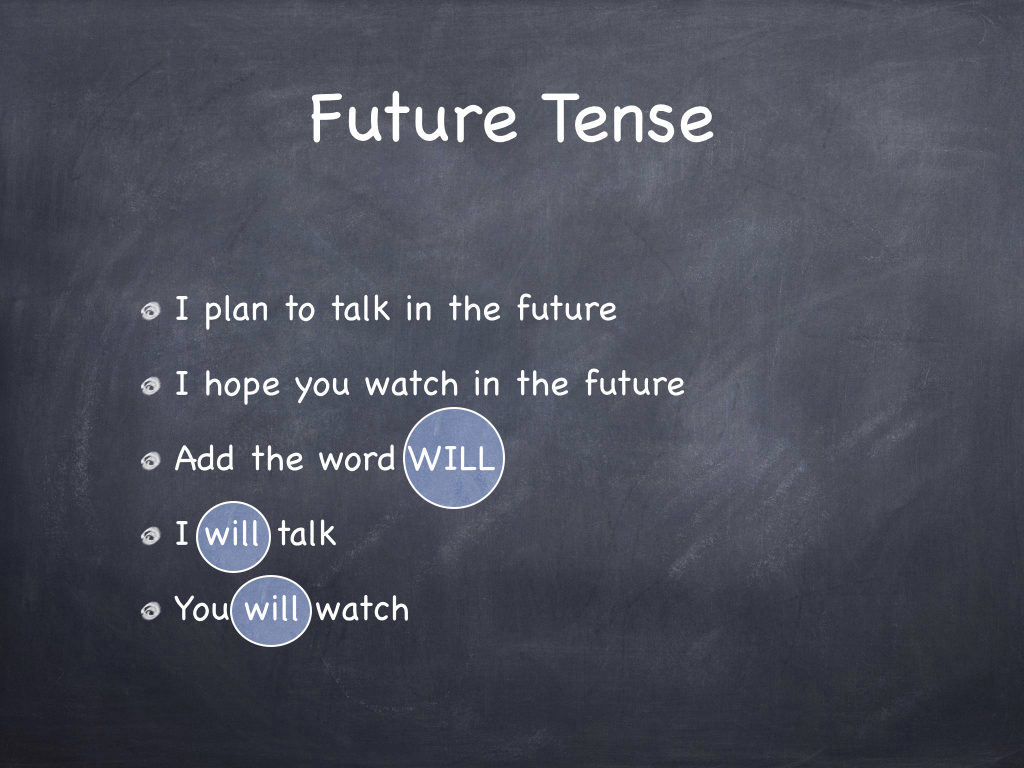
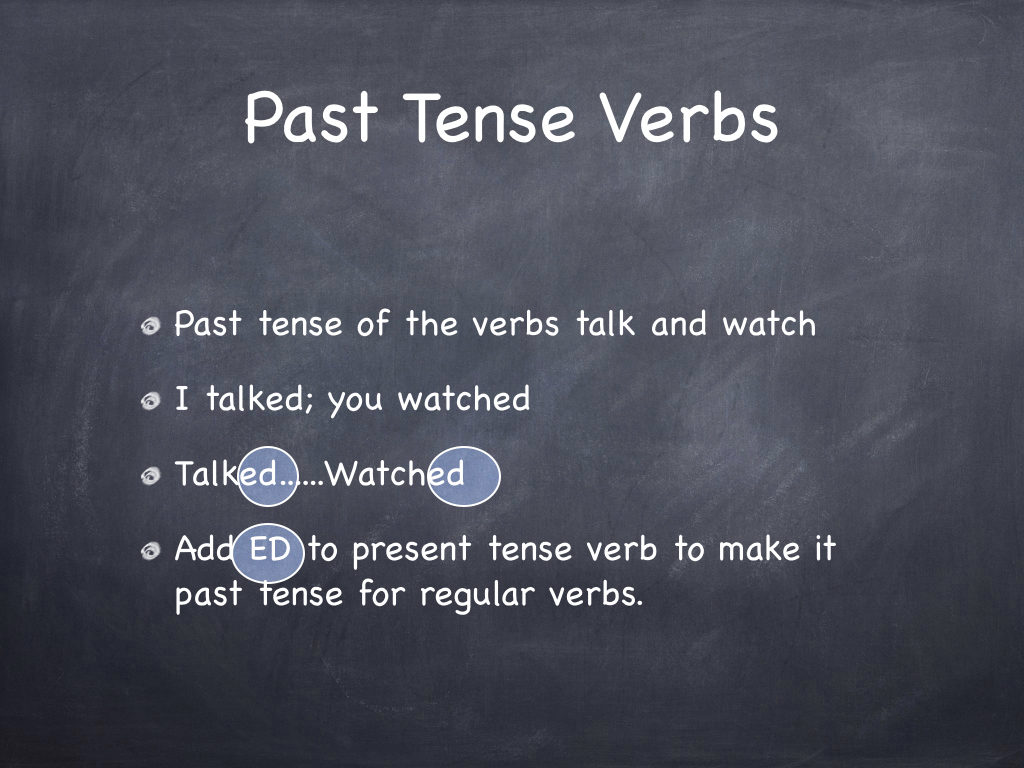
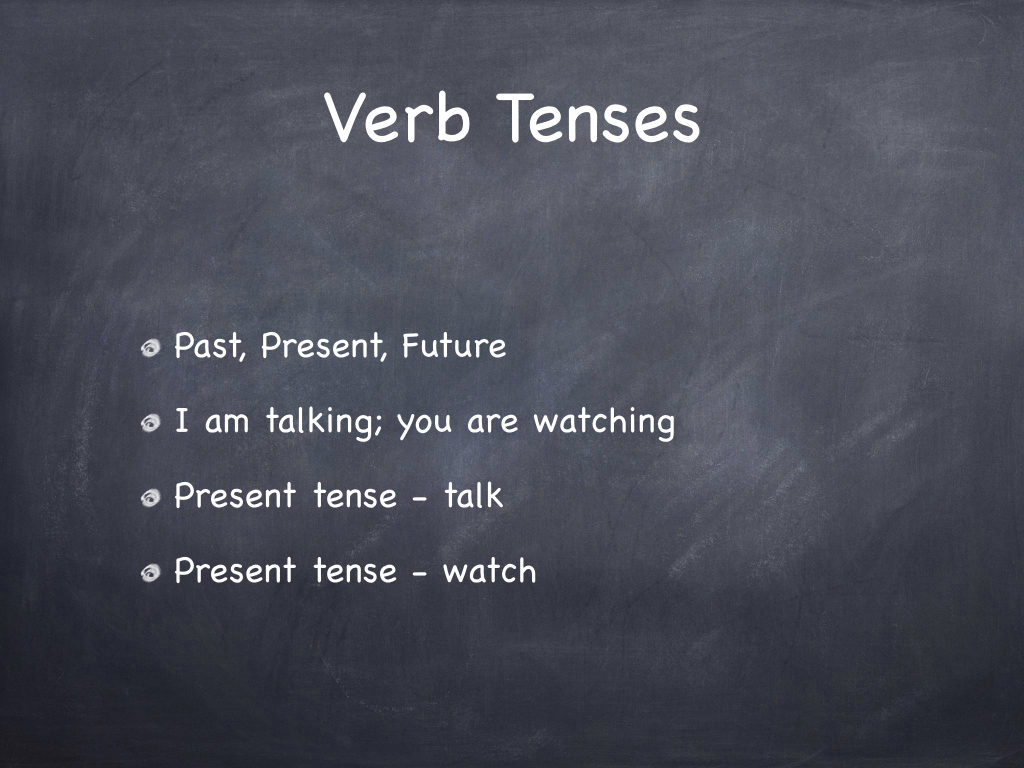
Next Episode
This review of verbs in their simple tenses will help us navigate the language needed for this unit. We get more specific about the use of verbs in Episode 80. Click here to visit the Episode 80 page.